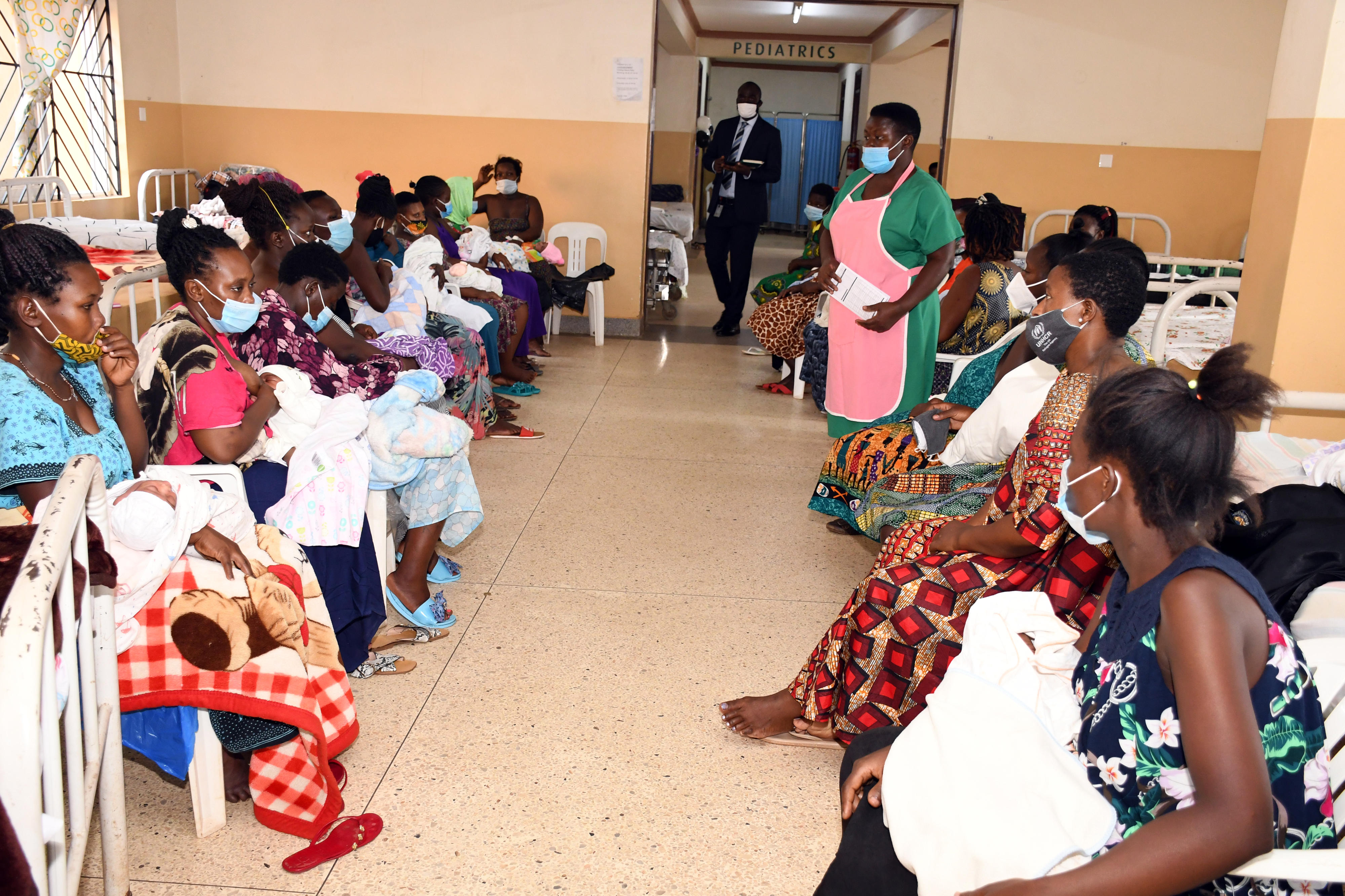Prime
Stop treating what you are not qualified to treat

Judith Grace Amoit
What you need to know:
It underscores the importance of seeking qualified medical professionals for proper diagnosis and treatment.
Have you ever considered why we have specialists? It’s because not everything can be handled by one individual. That’s precisely why we rely on specialists.
The importance of specialised medical care cannot be overstated. It exists because not every medical condition can be effectively addressed by a general practitioner. Specialists bring to the table extensive knowledge and expertise in their respective fields, making them invaluable in various healthcare scenarios.
As a patient, you trust your doctor to make an accurate assessment of your health and provide a correct treatment plan. Unfortunately, sometimes you are misdiagnosed. As a medical worker, why don’t you recommend a specialist to avoid adverse health effects?
My recent experience during a documentary shoot at Mafubira Health Centre II in Jinja District underscores this caution. I encountered a young, vibrant woman who had come to attend an Ear, Nose, and Throat (ENT) clinic during a pro bono outreach organised by Busoga Health Forum at the end of every month. This initiative is led by Dr Fred Bisso, an ENT specialist attached to Mulago National Referral Hospital.
As I took a moment to catch my breath after standing for quite some time, my attention was drawn to this young lady. Another woman asked her to move forward in the queue, but her words seemed to fall on deaf ears. I wondered if she might be deaf, but then I saw her speaking. Perhaps she had come along with someone else? Intrigued, I approached her, and to my surprise, she told me she could talk but couldn’t hear anything. This left me utterly bewildered.
I kept a watchful eye on her as she went in to meet the doctor, but after a while, she disappeared. Luckily, she returned, and I decided to approach her once more, seeking answers. She directed me to an older woman who turned out to be her mother. I couldn’t contain my curiosity and asked what had happened.
Her mother recounted a morning when her daughter woke up with sharp pains in both of her ears. In their remote village, the local nurse was often the go-to person for quick remedies. So, they rushed to her for help. However, as days turned into weeks, the daughter’s condition worsened. The earache persisted, the pain became excruciating, and her hearing rapidly deteriorated. It was through the radio that they learned about the ENT-free outreach, which led them to Mafubira Health Centre II and the expertise of an ENT specialist.
After a thorough examination, it was discovered that the ear infection had caused irreversible damage to the delicate structures in her ears, resulting in her hearing loss and this was attributed to the wrong medication given to her by the local nurse.
This experience serves as a tragic reminder of the consequences of unqualified medical care. It underscores the importance of seeking qualified medical professionals for proper diagnosis and treatment.
On a global scale, the World Health Organization (WHO) recognises the shortage of highly trained ear and hearing care professionals as a significant challenge in providing ear and hearing care for all.
Considering the overlooked nature of ENT issues, the involvement of otolaryngologists worldwide is becoming increasingly crucial.
Governments must take steps to integrate ENT care and empower their workforce through training programs.
Ms Judith Grace Amoit, Health Communicator Makerere University Centre of Excellence for Maternal Newborn and Child Health.




